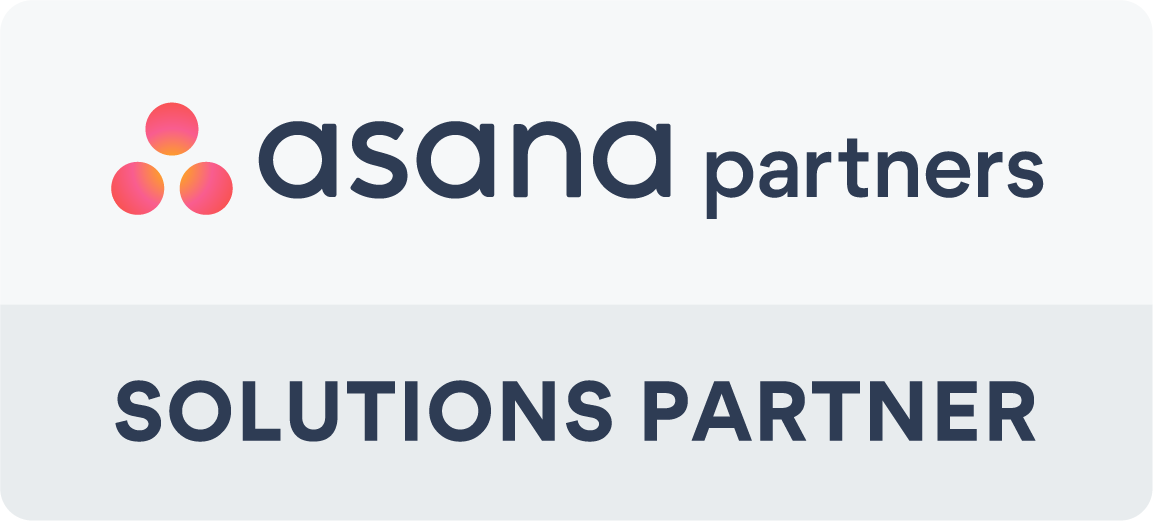Integrating Artificial Intelligence (AI) into the healthcare industry has emerged as a game-changer in an era of unprecedented technological advancement. From enhancing diagnostic accuracy to revolutionising patient care delivery, AI holds immense potential to reshape the future of healthcare. For IT professionals and digital strategists tasked with procuring best-of-breed software solutions, understanding the role of AI in medicine is crucial. Let's explore how AI is used in healthcare, its potential impact on well-being and life expectancy, and the opportunities it presents for innovation and advancement.
AI Applications in Medicine and Healthcare:
- Diagnostic Imaging: AI-powered image analysis algorithms enable healthcare providers to analyse medical images, such as X-rays, MRI, and CT scans, with unprecedented accuracy and efficiency. By detecting abnormalities, identifying patterns, and assisting radiologists in interpretation, AI helps improve diagnostic accuracy and accelerate care delivery.
- Clinical Decision Support: AI-driven clinical decision support systems leverage data analytics and machine learning algorithms to assist healthcare professionals in making evidence-based decisions at the point of care. These systems analyse patient data, medical literature, and treatment guidelines to provide personalised recommendations, optimise treatment plans, and prevent medical errors.
- Drug Discovery and Development: AI accelerates the drug discovery and development process by enabling researchers to analyse vast amounts of biomedical data, identify potential drug candidates, and predict their efficacy and safety profiles. Machine learning algorithms aid in virtual screening, molecular modelling, and target identification, leading to the development of novel therapies for various diseases.
- Personalised Medicine: AI enables the implementation of personalised medicine approaches tailored to individual patient characteristics, preferences, and genetic profiles. By analysing patient data, including genetic information, lifestyle factors, and treatment responses, AI algorithms help healthcare providers deliver personalised treatment plans, optimise medication dosages, and improve patient outcomes.
- Healthcare Operations and Management: AI-driven solutions optimise healthcare operations and management processes, increasing efficiency, cost savings, and better resource allocation. From predictive analytics for patient flow optimisation to AI-powered chatbots for patient engagement and telehealth platforms for remote monitoring, AI enhances care delivery and improves healthcare access.
Potential Impact on Well-Being and Life Expectancy:
The integration of AI into medicine and healthcare holds immense promise for improving well-being and extending life expectancy in several ways:
- Early Disease Detection and Prevention: AI enables the early detection of diseases, such as cancer, cardiovascular disorders, and neurodegenerative conditions, when treatment is most effective. By identifying risk factors, predicting disease progression, and recommending preventive interventions, AI contributes to disease prevention and population health management.
- Precision Medicine: AI-driven personalised medicine approaches enable tailored treatment plans based on individual patient characteristics, leading to better treatment outcomes, reduced adverse effects, and improved quality of life. AI enhances patient care and prolongs life expectancy by optimising medication regimens, minimising treatment delays, and maximising treatment efficacy.
- Healthcare Accessibility and Equity: AI-powered telehealth and remote monitoring solutions improve healthcare access for underserved populations, rural communities, and individuals with limited mobility. By enabling remote consultations, virtual diagnostics, and telemedicine services, AI reduces barriers to care, enhances health outcomes, and promotes healthcare equity.
- Healthcare Efficiency and Resource Optimization: AI-driven healthcare operations and management solutions streamline administrative processes, optimise resource allocation, and reduce healthcare costs. By automating routine tasks, enhancing workflow efficiency, and improving patient throughput, AI enables healthcare organisations to deliver high-quality care more effectively and sustainably.
Opportunities for Innovation and Advancement:
For IT professionals and digital strategists within the medicine and healthcare industry, the integration of AI presents numerous opportunities for innovation and advancement:
- Evaluation and Implementation of AI Solutions: IT professionals are crucial in evaluating, selecting, and implementing AI-powered software solutions that meet healthcare organisations' unique needs and objectives. By leveraging their expertise in data analytics, cybersecurity, and software development, they ensure AI technologies' successful integration and deployment.
- Data Management and Security: With the proliferation of AI-driven healthcare applications, ensuring the security and integrity of patient data is paramount. IT professionals are responsible for implementing robust data management practices, safeguarding sensitive information, and complying with regulatory requirements such as HIPAA and GDPR.
- Collaboration and Partnerships: Digital strategists facilitate cooperation and partnerships between healthcare organisations, technology vendors, and research institutions to drive innovation and foster the development of AI-powered solutions. By identifying strategic opportunities, fostering interdisciplinary collaboration, and promoting knowledge sharing, they catalyse innovation and transformation in healthcare.
- Continuous Learning and Professional Development: In a rapidly evolving technological landscape, IT professionals and digital strategists must stay abreast of the latest advancements in AI, healthcare informatics, and regulatory compliance. By pursuing continuous learning and professional development opportunities, such as certifications, workshops, and industry conferences, professionals ensure their skills remain relevant, and their organisations remain at the forefront of innovation.
As AI permeates every aspect of medicine and healthcare, IT professionals and digital strategists are pivotal in harnessing its transformative potential. By understanding AI's applications, implications, and opportunities in healthcare, professionals can drive innovation, improve patient outcomes, and shape the future of well-being and life expectancy. As we embark on this journey of technological advancement, let us seize AI's opportunities to create a healthier, more equitable, and sustainable future for all.



